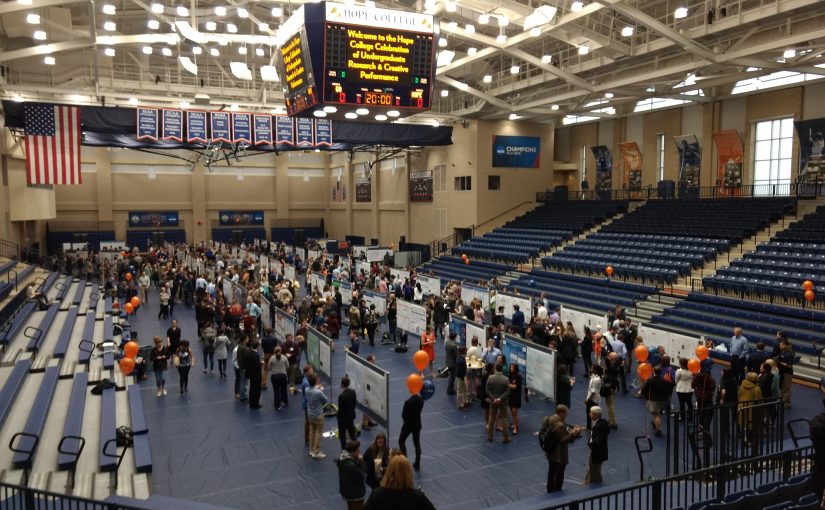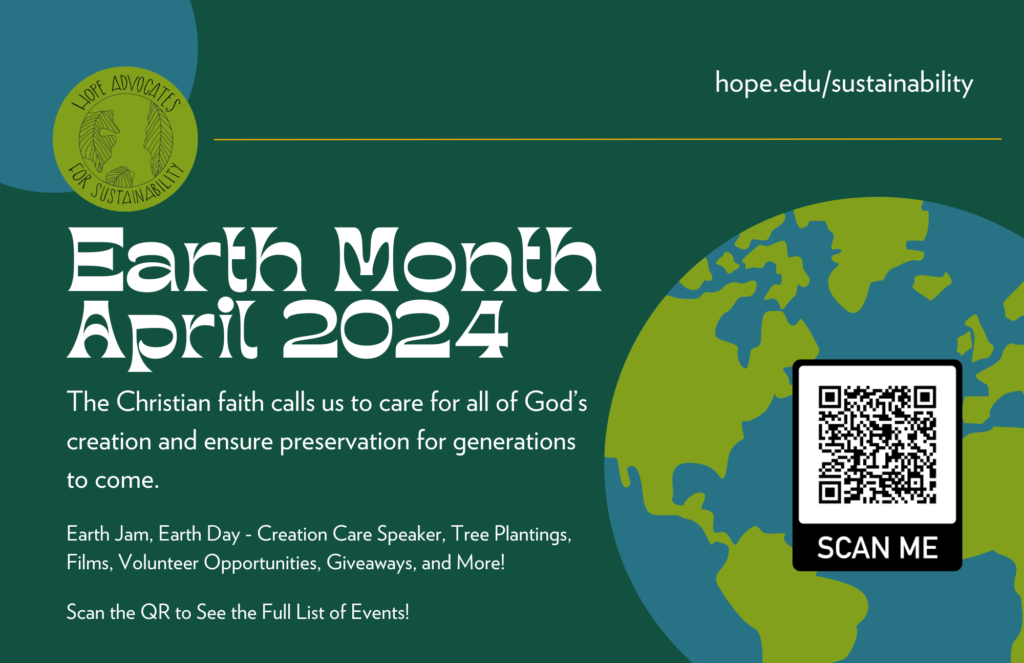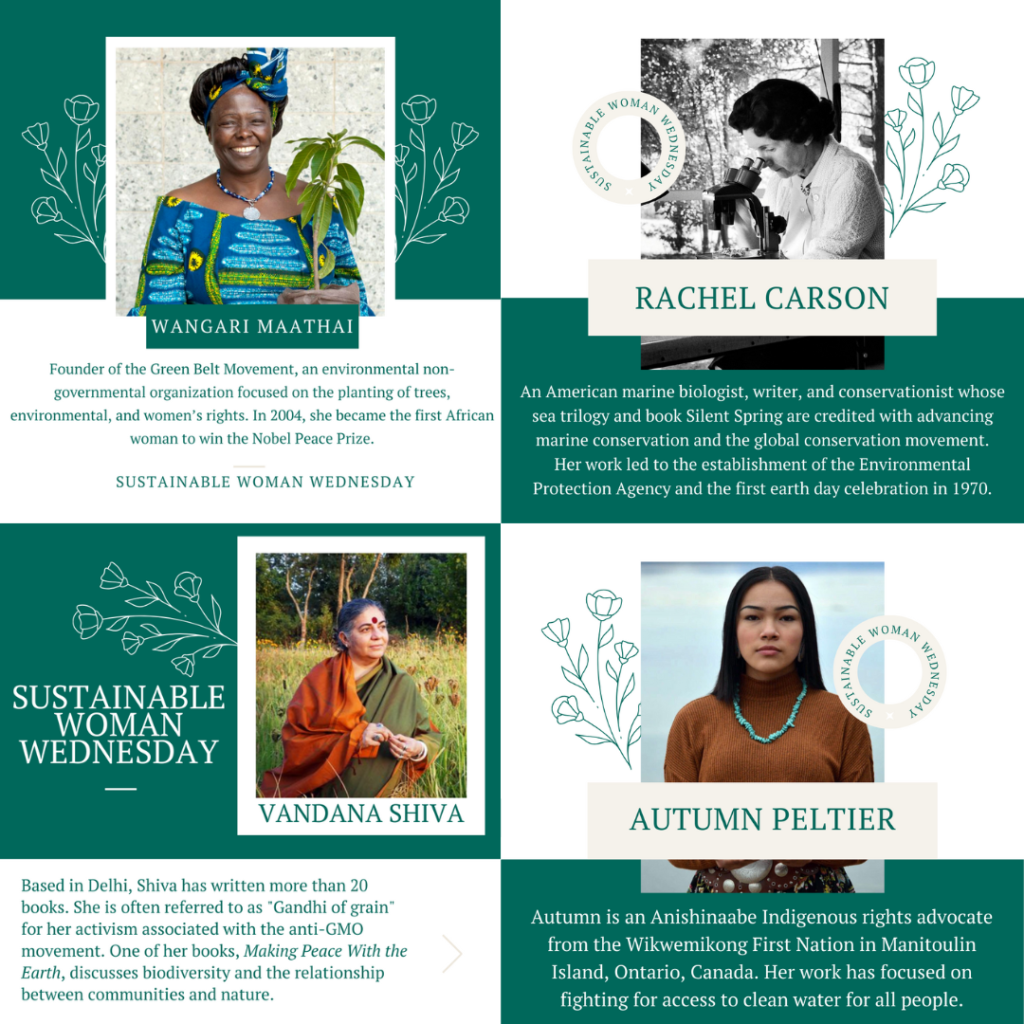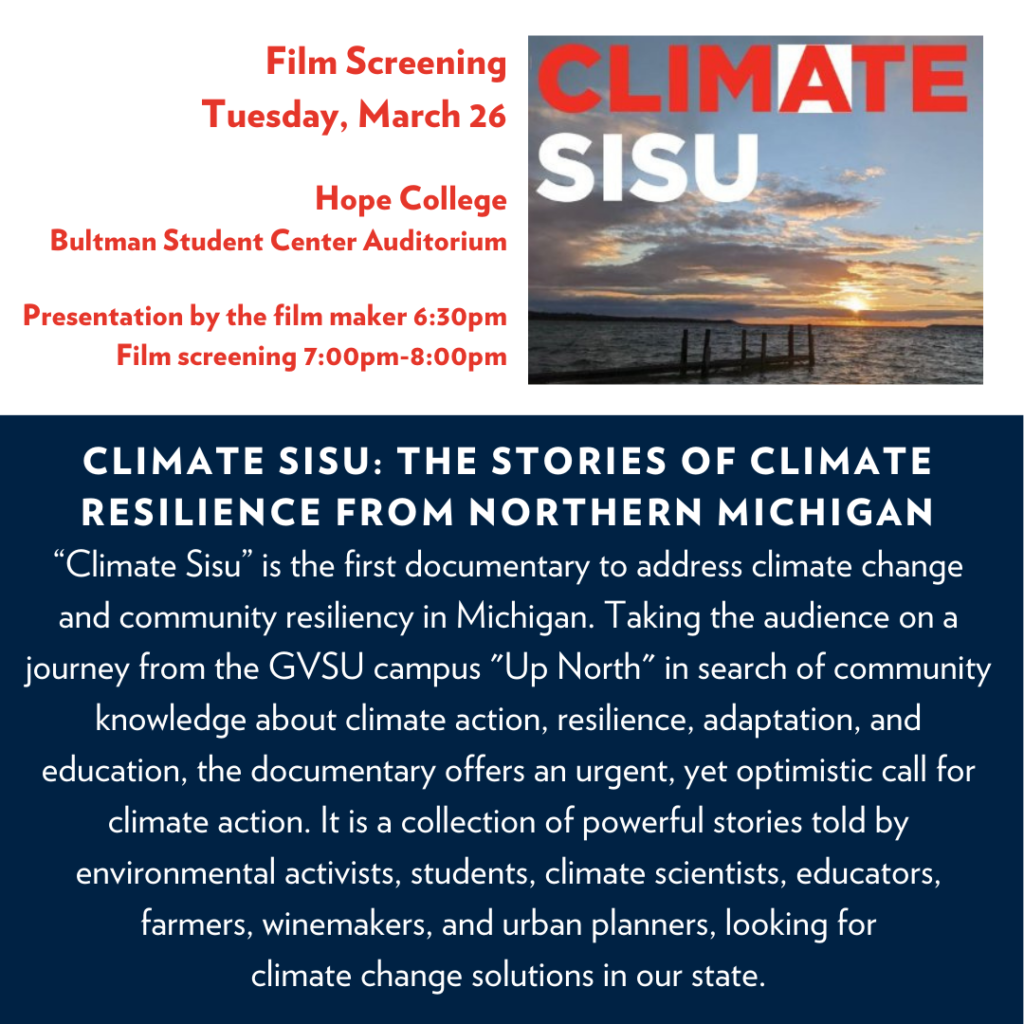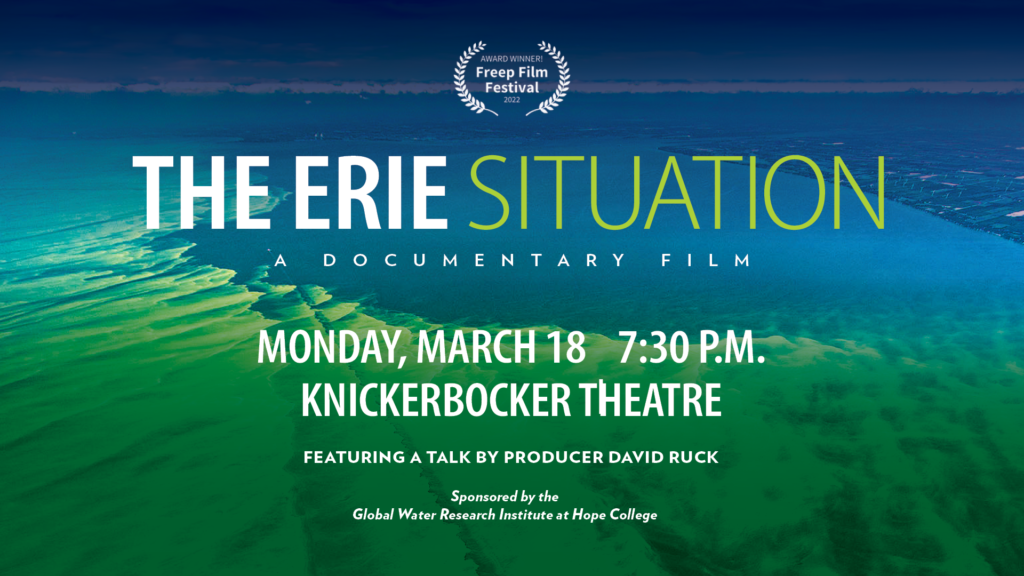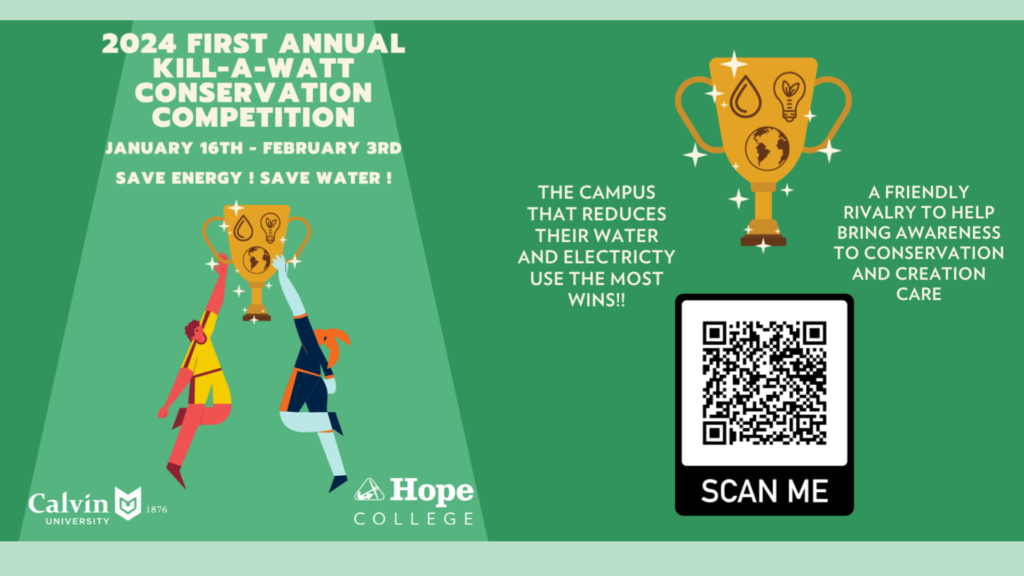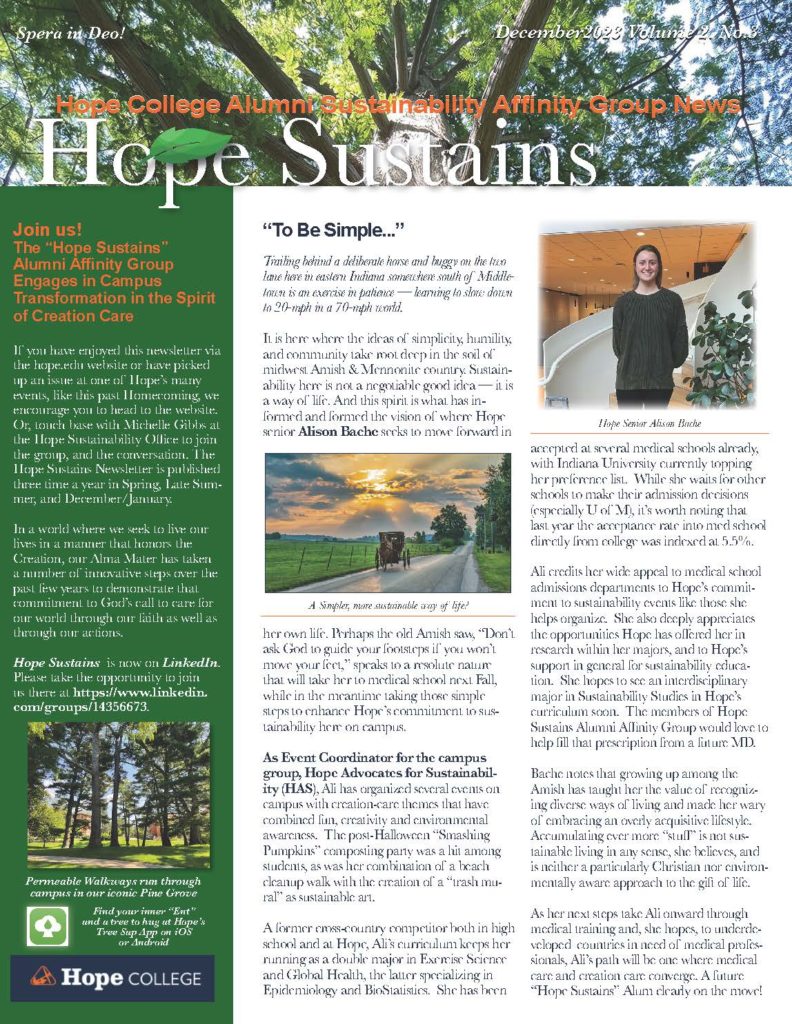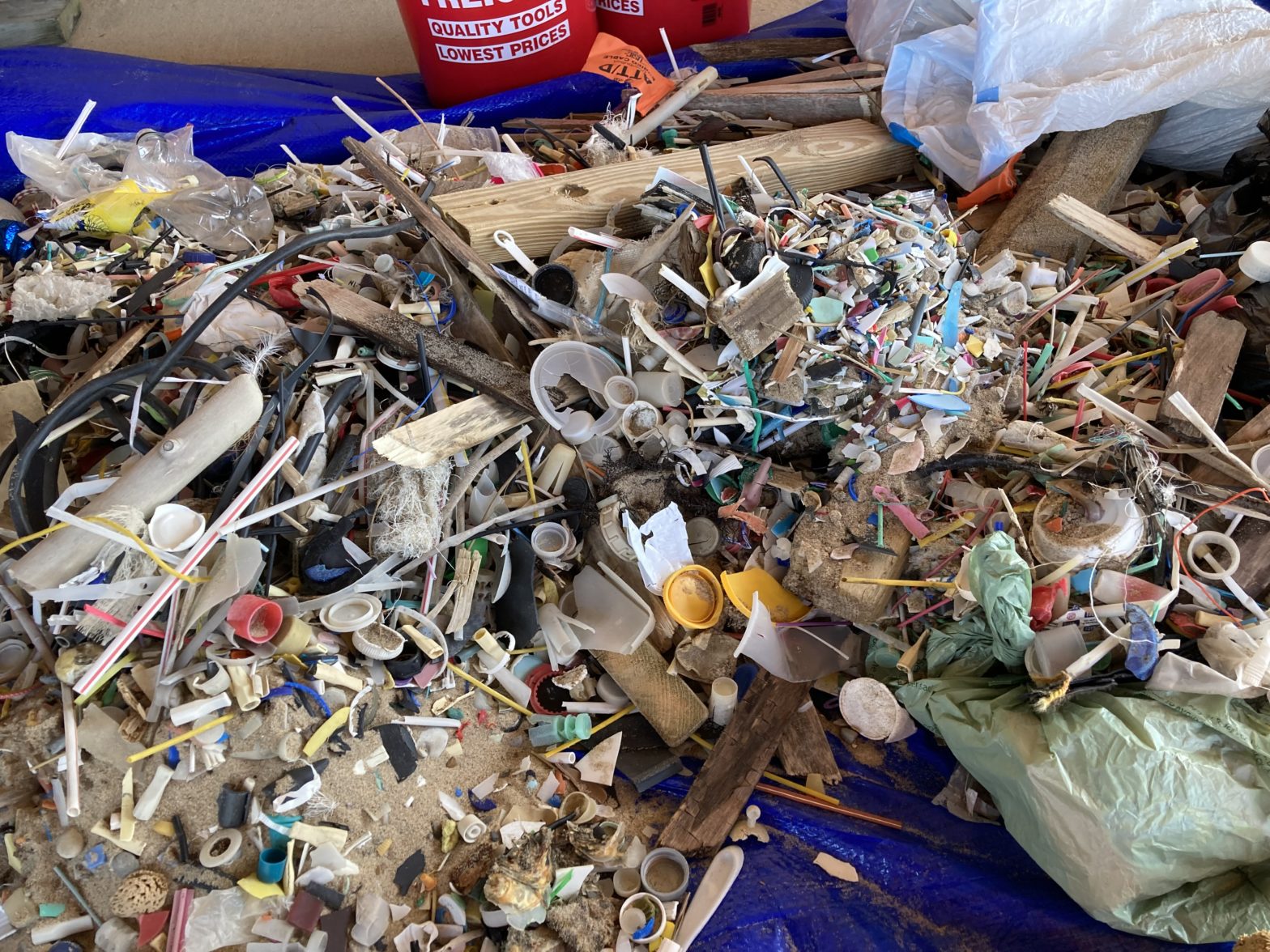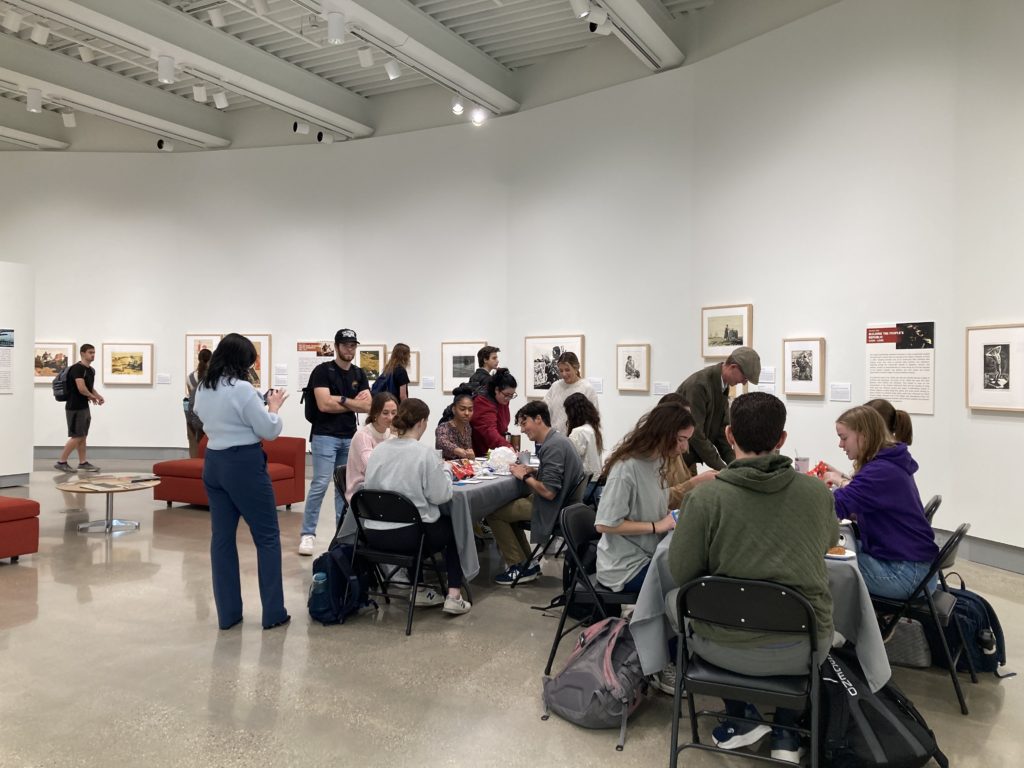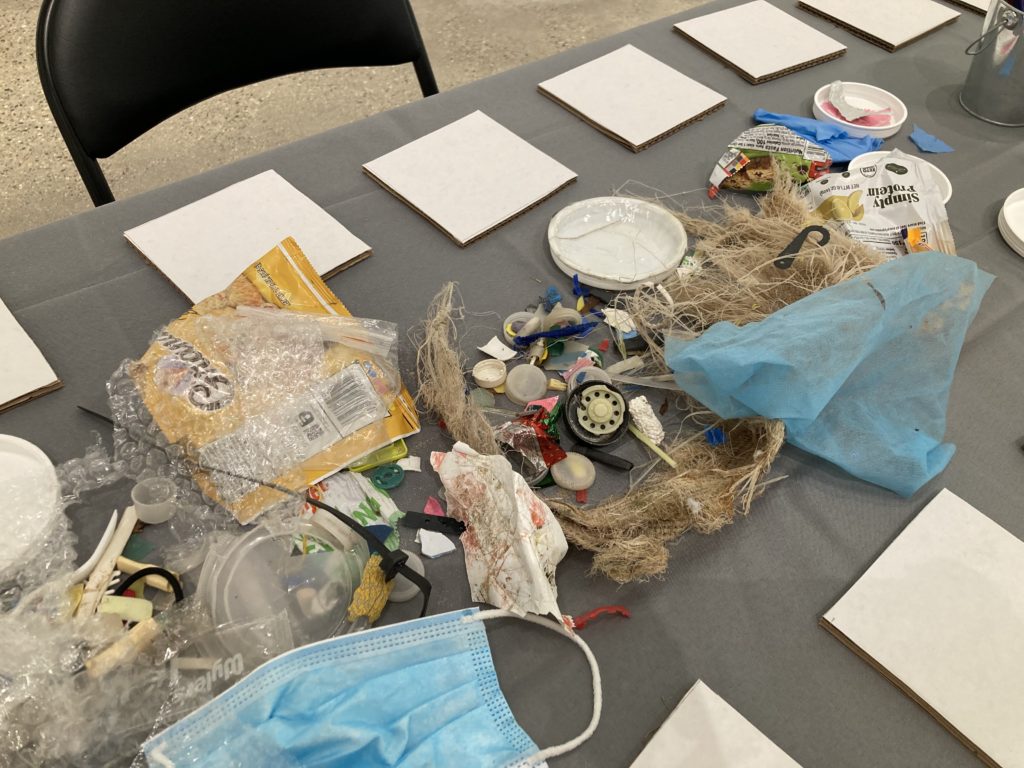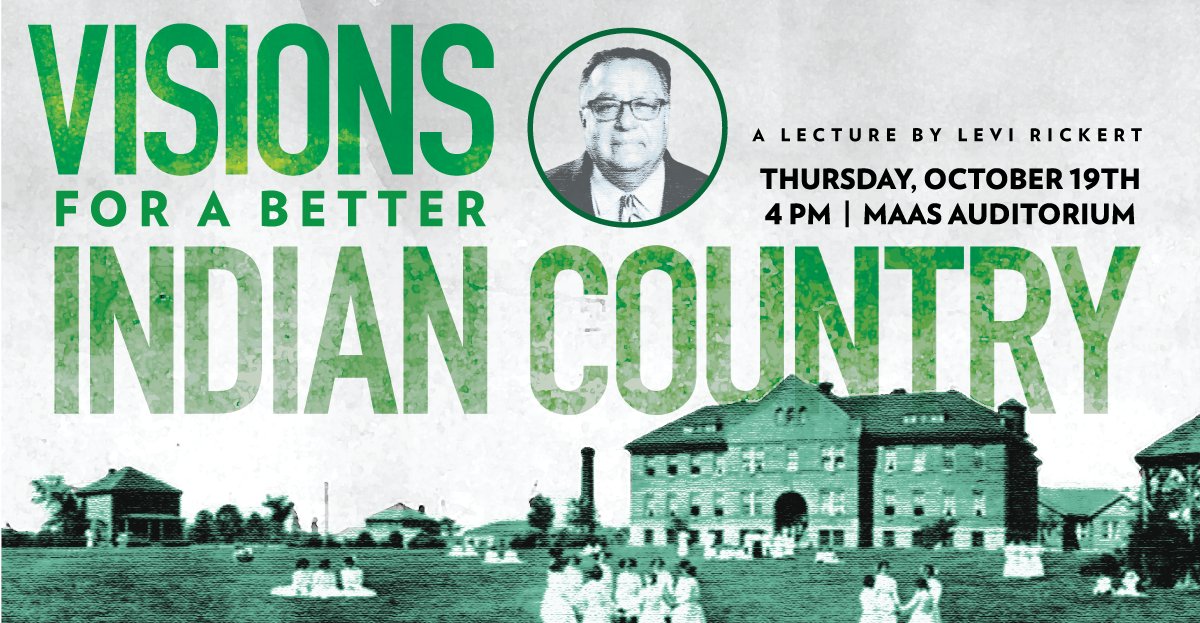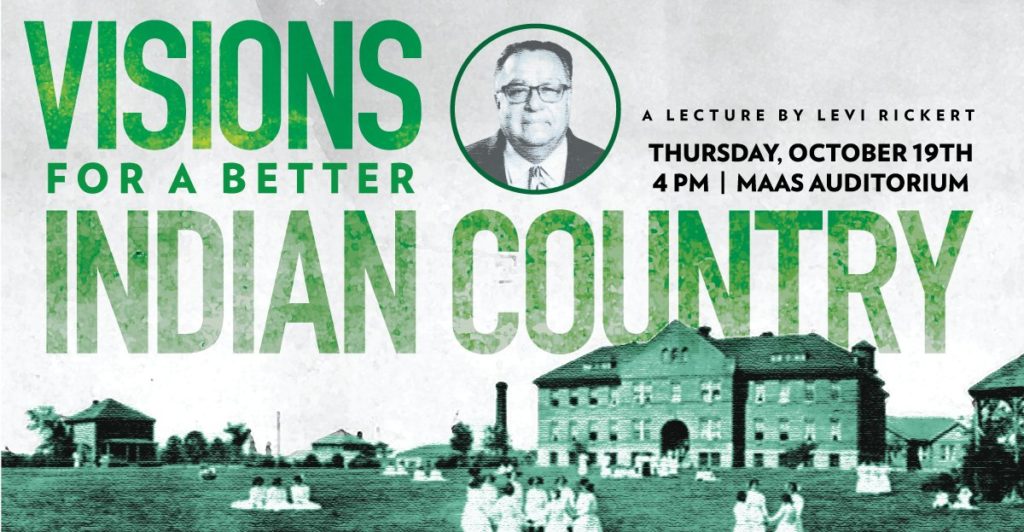In Holland, we believe that in order to become a vibrant, world-class community we must look at all aspects of our community. This includes the “Triple Bottom Line” and the economic, social, and environmental impacts we all have. Our City of Holland Sustainability Committee created a seven-pillar framework with “lenses” to help us evaluate and make more sustainable choices. We have used this framework model as a way to identify the 2024 Hope College Sustainability Research Projects.
The Sustainability Institute would like to formally recognize the following projects that presented during the 2024 Celebration of Undergraduate Research and Creative Activity (CURCA) on Friday, April 12.
PDF DOCUMENT: 2024 SUSTAINABILITY RESEARCH PROJECTS
Framework Categories:
SMART ENERGY
ECONOMIC DEVELOPMENT
TRANSPORTATION
COMMUNITY & NEIGHBORHOOD
QUALITY OF LIFE
COMMUNITY KNOWLEDGE
ENVIRONMENTAL ACTION & AWARENESS
For more information about the Annual Celebration visit:
https://hope.edu/academics/celebration-undergraduate-research/
The students and their projects represented all of the college’s academic divisions — the arts, humanities, social sciences, and natural and applied science.
The research and performance celebration, first presented in 2001, is designed to spotlight the quality and importance of student-faculty collaborative research at Hope. Undergraduate research is a hallmark experience for many Hope students and has been a teaching model used at the college for more than seven decades. Mentored collaborative research happens year-round, with approximately 300 students conducting faculty-supervised independent research during the academic year and 200 doing research over the summer, making Hope’s summer research program among the largest in the nation at a liberal arts college. Since faculty are active in scholarship year-round, many more students engage in research during the academic year.
Research has a long and storied history at Hope College. More than 100 years ago, biologist Dr. Samuel O. Mast designed research laboratory space for the college’s Van Raalte Hall, which opened in 1903. The late Dr. Gerrit Van Zyl, who taught chemistry at the college from 1923 to 1964, is widely recognized for developing research-based learning at Hope in its modern sense.


